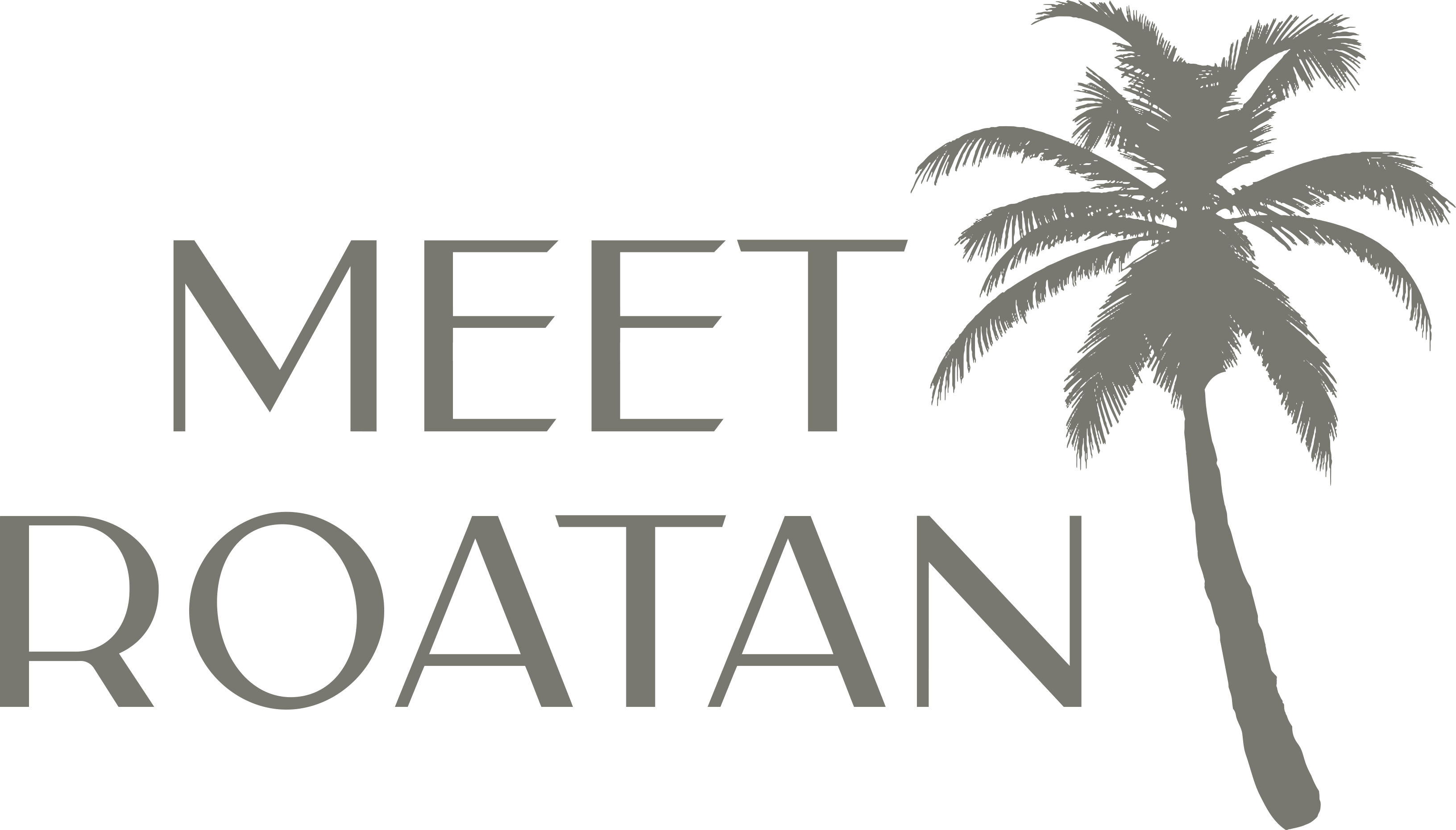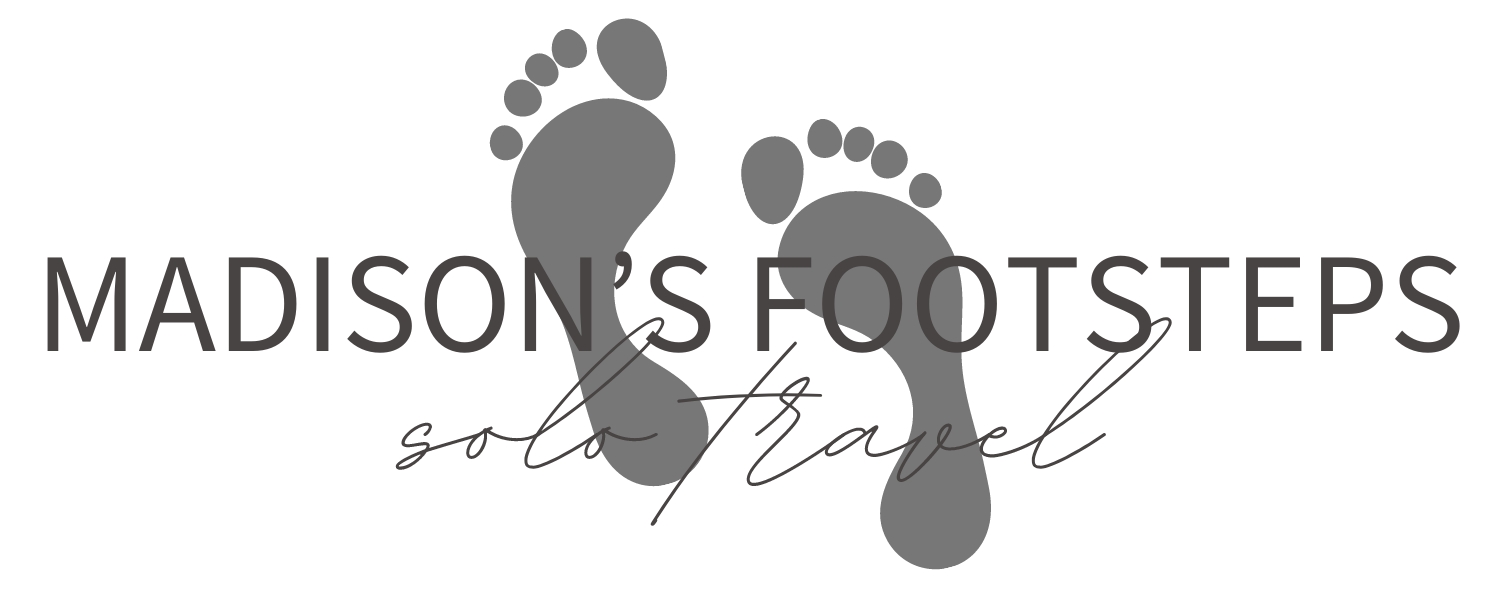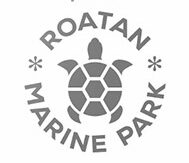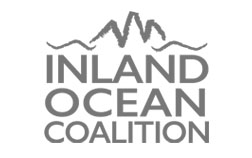From Fun Diver to Ocean Advocate

My journey from diver to conservationist
Guest Blog By Erin Mayberry
Hi, my name is Erin Mayberry and I’ve been diving with Sun Divers in Roatan for four years now. What started as an adventurous hobby has evolved into a deeper commitment to ocean conservation, transforming me from a recreational diver seeking thrills to an active protector of marine ecosystems. My journey has consisted of small, intentional changes -both underwater and in daily life – to create meaningful impact for our oceans. Through sharing these experiences, I hope to inspire you to discover your own path toward ocean conservation – whether you’re a diver or simply someone who cares about the future of our planet.
Initial Diving Experience
In 2017, I was living in Austin, Texas when my mom called me and said, “We should get scuba certified.” I grew up visiting the beach and always found myself taking vacations to tropical islands as an adult, so it was an easy sell. My adventurous side kicked in and we booked a trip to Crystal River, FL.
For me, scuba diving started as a way to challenge myself and experience a new (to me) world beneath the ocean’s surface. Getting certified in Crystal River didn’t disappoint. My confined water sessions were spent watching a mother and baby manatee laze about their day and my first open water dives were in cenotes.
I was instantly hooked. I started booking trips specifically to dive and traveled from Hawaii to Mexico and throughout the Caribbean searching for new adventures. I was only aware of the thrill of each new dive and what might be waiting for me underwater and less aware of the environmental impact I was having on each trip.
The Turning Point to Becoming an Ocean Advocate
Then a colleague told me about his recent trip to Honduras, to a small island called Roatan with a large diving community. True to nature, I immediately booked a month-long trip to see for myself the eagle rays, turtles and pristine reefs he raved about.
I walked into Sun Divers in August 2022 and instantly felt at home. I spent a month exploring the reefs, finding a new passion for macro life (hello, manta shrimp!) and being amazed by the string of pearls on night dives that looked like Christmas lights suspended from nothing but air. I also watched as trash piled up on the beaches throughout the week from tourists visiting from cruise ships, and even locals enjoying the bay on their days off. Some of it even made its way deeper into the ocean and made appearances beside the eels, lobster, and fish making their homes in the reef.
I watched as less experienced divers brushed up against the coral with their fins, damaging it or disrupting the fish, and even had a few less than graceful dives through swim throughs myself.
Throughout the month, I kept hearing about the importance of protecting the ecosystem and in turn protecting the communities that call it home. I could tell the entire Sun Divers crew especially felt the urgency for protecting their reef. Our dive briefs often reminded us to avoid the T’s: touching, taking, teasing, and taunting. I left at the end of the month with a better understanding that there was more to diving than just exploring the diversity of each new reef.
Changing Perspective
I reflected a lot about that trip on my return to the U.S. It made me want to advocate for the marine life that couldn’t do so itself. At the same time, I started becoming more invested in sustainable choices I could make at home. I had long ago given up plastic straws, but it was the catalyst for other changes I was now making as well. Here’s a couple ways I changed my habits at home that you might consider as well:
#1 – Eating a plant-based diet: I decided to cut most meat and seafood from my diet. While I haven’t completely eliminated seafood, I limit my consumption to when I am traveling and make more informed decisions when selecting meals, only choosing to eat fish I know has been locally and sustainably caught and according to local responsible consumption guidelines.
#2 – Switching to reusables: I always carry a reusable water bottle, but I started noticing how many single-use items I was using. From paper bags for groceries to to-go cups for coffee, I made a point to start replacing these with reusable items whenever I could. I now carry reusable bags, coffee mugs, and utensils everywhere with me.
#3 – Composting: In an effort to reduce the amount of waste I produce, I started composting at home. I cook a lot when I’m not traveling, so I immediately noticed a change in how long it took me to fill a trash bag. It’s also been a bonus to my herb garden!
While I started making changes in my life on land, I also started to shift my mindset from viewing diving as just a hobby to seeing it as a way to also protect this reef I’d grown to love.
The month I spent in Honduras allowed me to get to know the community and the reefs more intimately than my past dive trips and I wanted to give back in a way that I hadn’t before.
I realized I could take a more responsible approach to diving and decided to start focusing on how I could give back to the ocean.
Evolution – Changing My Habits & Actions
Becoming an environmentally conscious diver doesn’t happen overnight. Over my last few visits to Roatan, I’ve evolved from being simply a recreational diver to becoming an active participant in coral reef conservation. From improving my diving techniques to making more sustainable choices and directly contributing to marine preservation efforts, here are three ways I’ve learned to protect the underwater world I’ve grown to love.
#1 – I improved my buoyancy & dive skills: On my second trip to Roatan, I received my PADI Advanced Open Water certification. Not only has it allowed me to explore new dive sites (visit El Aguila Wreck or Odyssey Wreck if you have the chance!) but it also helped me improve my buoyancy. Maintaining good buoyancy also allowed me to safely collect trash in crevices and on the sea floor without disrupting or harming the reef.
#2 – I stopped using petrochemical sunscreens: When I returned to the island in 2024, there was a petition to eliminate sunscreens and other self-care products with petrochemicals that disrupt coral reproduction, contribute to coral bleaching, and harm the seagrass that is a vital part of the ecosystem for the Mesoamerican reef.
After signing the petition, my own first attempt was to completely eliminate sunscreen while on the water, but that resulted in a lobster-like complexion and a quick trip back to Sun Divers for a new rash guard. I have since opted for alternatives like rash guards, hats, and sunscreens that are reef safe when diving.
#3 – I took action! One of my favorite experiences has been completing the Roatan MarinePark Coral Ambassador program with Sun Divers. The first portion of the course is classroom-based and teaches the different types of coral found locally and threats to the coral reef, then takes you through a ‘dry’ run (pun intended) for the underwater portion of training. The ocean classroom consisted of two dives – first to the coral nursery, where I learned how to clean the trees and ‘coral babies’ to protect them from disease and predators, and next to one of the dive sites where we replanted coral fragments to repopulate the reef.
This year, I completed the Roatan Marine Park Lionfish Hunting workshop. Although the lionfish  population has seen a decline in Roatan over the past few years, they are still a danger to the native fish species. The workshop teaches where to find lionfish and safe and humane practices for spearfishing. On my first dive officially licensed to hunt lionfish, I successfully speared two lionfish, one of which was large enough to take home for dinner.
population has seen a decline in Roatan over the past few years, they are still a danger to the native fish species. The workshop teaches where to find lionfish and safe and humane practices for spearfishing. On my first dive officially licensed to hunt lionfish, I successfully speared two lionfish, one of which was large enough to take home for dinner.
Since returning to Connecticut I have become an Inland Ocean Ambassador through connections I have made in Roatan. The Inland Ocean Coalition started in Colorado as a way to educate inland communities on their environmental impacts downstream and connect these communities with the ocean. With this training I plan to continue my conservation efforts in Connecticut through local river and park clean-ups, education and fundraising activities at local farms and breweries, and volunteering on projects hosted by other Inland Ocean Ambassadors.
Continuing to Inspire Change
Making this shift from recreational diver to ocean advocate has enriched my life in ways I never expected. Beyond the satisfaction of contributing to coral reef preservation, I’ve found myself part of a passionate community of divers and conservationists who share my commitment to protecting marine ecosystems. Each time I return to Roatan, I see how our collective efforts – from mindful diving practices to active conservation work – are making a real difference in preserving the underwater world that brings us together.
For those considering similar changes, know that every action matters, no matter how small. Whether you’re adjusting your diving techniques, making more sustainable choices on land, or participating in marine conservation programs, you’re joining a global community dedicated to protecting our oceans. The reef is waiting for you to become its advocate.
What will your first step be?
Contact Sun Divers Roatan for more information on how you can participate in local conservation efforts during your visit to the island.









